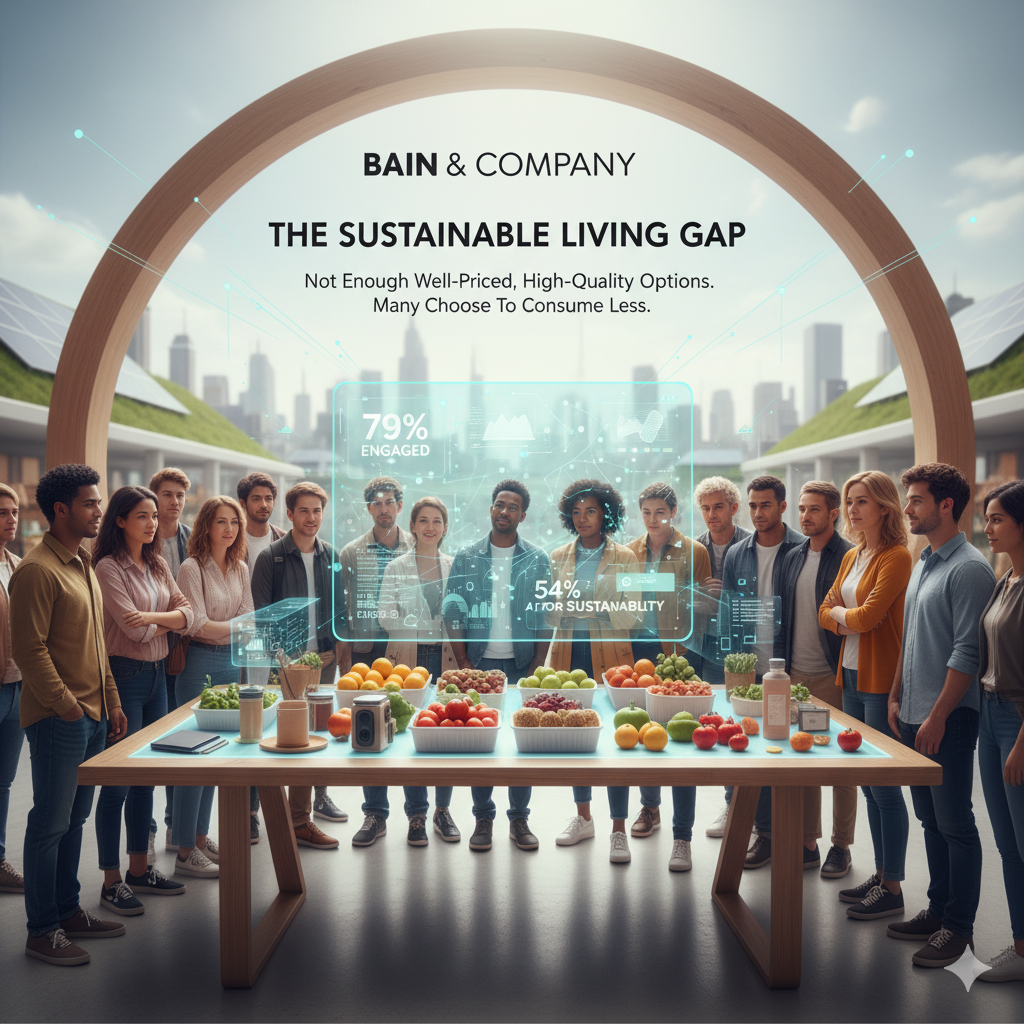NoMi Noise
Archives
Bridging the Affordability Gap in Sustainable Living
SIGN UP FOR OUR NEWSLETTER
Bridging the Affordability Gap in Sustainable Living |
How Companies Are Making Eco-Friendly Choices Accessible to All |
Sustainable consumption is no longer a niche interest; it's a growing expectation among consumers. However, the affordability gap continues to hinder widespread adoption of sustainable products. Many eco-friendly items come with a green premium, making them less accessible to the average household. This financial barrier often deters consumers from making environmentally responsible choices.
Trust in brands also plays a crucial role in consumer behavior. Skepticism arises when companies lack transparency about their sustainability claims. Consumers demand clear information on product origins, manufacturing processes, and actual environmental impact. Without this transparency, doubts persist, and adoption of sustainable products stalls.
In response, forward-thinking companies are embedding corporate responsibility into their core strategies. CEOs are prioritizing sustainability not as a side project but as a fundamental growth driver. By aligning price, trust, and convenience, these businesses are breaking down consumer adoption barriers. For instance, Miele has introduced repairable and recyclable appliances, making sustainable options more affordable and appealing.
Regulatory frameworks are also evolving to support this shift. The European Union's Corporate Sustainability Reporting Directive (CSRD) mandates comprehensive sustainability reporting, enhancing transparency and accountability. Such regulations encourage companies to adopt sustainable practices and communicate them effectively to consumers.
The lesson is clear: sustainability transcends marketing buzzwords. It's about creating products and services that are affordable, authentic, and accessible. When companies address the affordability gap and build trust through transparency, sustainable living becomes the norm. This approach not only meets consumer expectations but also sets the standard for responsible business practices in the coming decade. |

